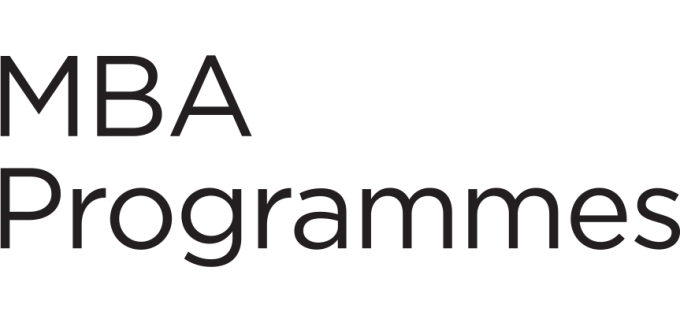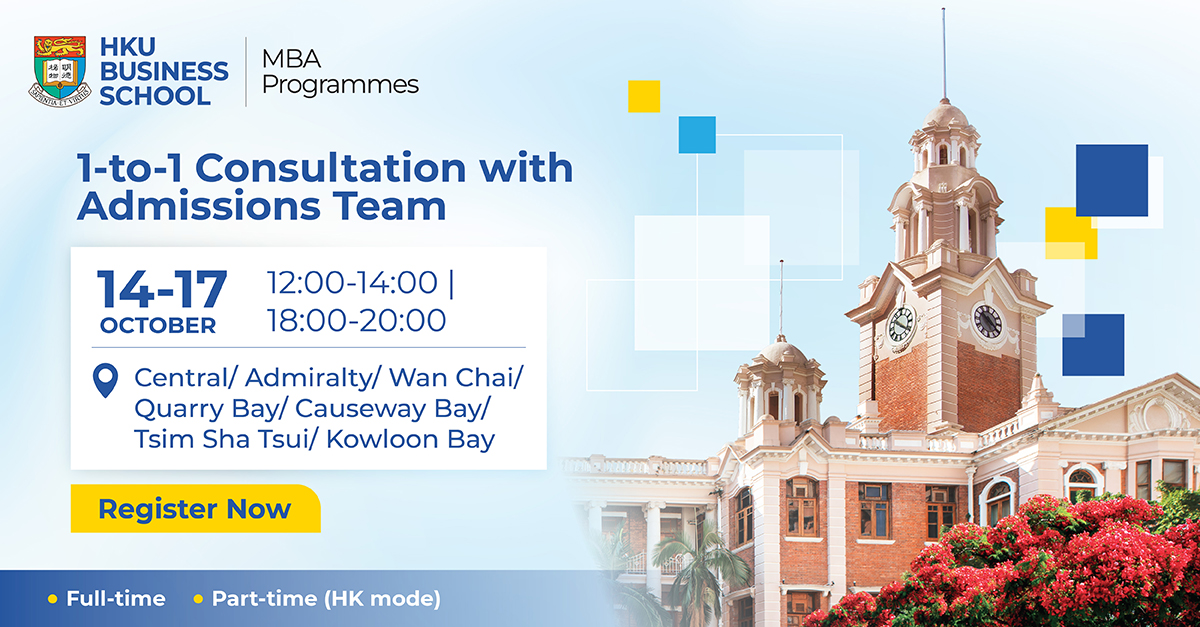Media Interview
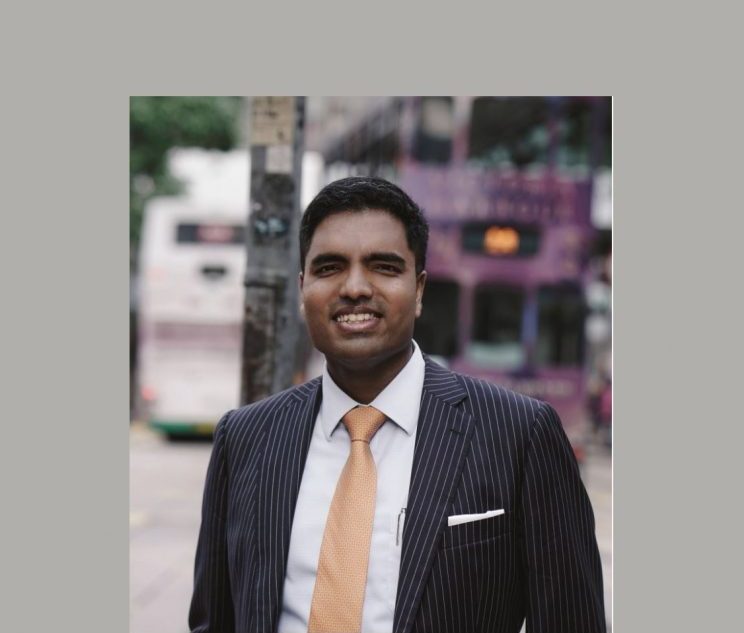
Arafat Sheik Jabbar, Director and Asia Pacific Channel Services Head, at Citi, credits his Hong Kong University MBA for enabling him to land his dream job.
Sheik Jabbar started his career as a Software Engineer in Infosys, working on Technology delivery programmes for Transaction Banking for the likes of ABN AMRO and Royal Bank of Scotland in Europe and India. His experience made him keen to change his career and move into banking.
He says: “After spending five years in technology development, and interfacing more with business managers on the bank side, I felt something was lacking and I wanted to get a better sense of how business is managed.
“I found all the business managers were able to appreciate things holistically, not just the technology, but also financial strategy and marketing, and that is when I decided to do an MBA.” Sheik Jabbar soon identified HKU’s MBA as the programme that was best suited to helping him achieve his career goals.
Not only does it have a strong academic reputation, ranked as the number one MBA in Asia by the Economist magazine for eight consecutive years, but its strong Asia-focus and geographical location in a major banking hub with an expanding financial services sector also appealed to him. “The programme had the perfect balance between East and West, offering exposure to both Asia and global economies,” he says.
Sheik Jabbar’s investment in his career paid off, and immediately after graduating, he landed a job at Standard Chartered as Associate Director and Regional Channel Manager, Transaction Banking, where he was in charge of five key markets in Greater China and North Asia, focusing on Electronic Banking Channels for both global and local corporates.
But he did not stay there long, as a little over a year later, he was approached by Citi about becoming Regional head of Online Banking Product Management for corporates in Asia Pacific in Citi’s Treasury and Trade Solutions (TTS) business.
TTS provides an integrated suite of innovative and tailored cash management and trade finance services to multinational corporations, financial institutions and public sector organizations across the globe.
He has since been promoted to his current post of Asia Pacific Channel Services Head.“The role is basically product management leadership, overseeing conceptualisation, development and execution of the digital banking product road map across Corporate Internet Banking Portals, Mobile Apps, APIs, ERP connectivity, with a long-term view,” he says.
“I am very happy I could get into this role because it is what I specifically wanted to do.” Looking back on his MBA, Sheik Jabbar says the programme was extremely well thought out. “Everything that was non-technology was very interesting for me because I wanted to make a move into a new industry,” he says.
He adds that the courses that focused on multinational organisations were a “real eye-opener” for him in terms of how these companies competed and defined their fundamentals. Having previously worked in Europe and India, he also found the cultural aspects of the programme helpful.
Jabbar says: “The Asia-focus was a key aspect of the programme for me. Asia is a very heterogeneous dynamic landscape.” The programme kicked off with a one-month immersion course in Beijing. “It was a really good start to the programme to appreciate what a unique market China is and how businesses there are run,” he says.
He adds that having the chance to meet people running both local businesses and multinational corporations in China helped him understand the mindset of the business community there and proved to be a good building block for when he came to Hong Kong.
Another key benefit of the HKU MBA that Sheik Jabbar appreciated was the small class sizes, with typically only around 50 to 55 students in a group. “The small classes led to a very high level of bonding. In a large group you don’t get to maximise on the connections you have, but in a small one the networking is really good,” he says.
The diversity of the background of the other students, coupled with HKU’s innovative use of case studies for teaching, also helped to deepen Sheik Jabbar’s understanding of many topics.
“The diversity helped me to understand different answers and solutions. People came from different backgrounds, such as accounting and marketing, and for some of the content I would learn better one-on-one with my classmates, who were experts in the subject matter,” he explains.
As a fulltime MBA student, Sheik Jabbar also spent four months as part of the London Business School track, which he says really complimented what he had learned about Asia.
One of the things that stands out most for Sheik Jabbar about the HKU MBA was the Business School’s impressive network and the contacts it has with companies, particularly in the financial services sector. Sheik Jabbar was able to really tap into this network when it came to finding a job.
“I met the heads of all the major banks in Hong Kong. I was able to go to them and have a discussion and tell them about my background and my skill set,” he says. Jabbar has no doubts about the benefits of his HKU MBA. “I was able to get the Product management career path I wanted. It really is my dream job,” he says.


